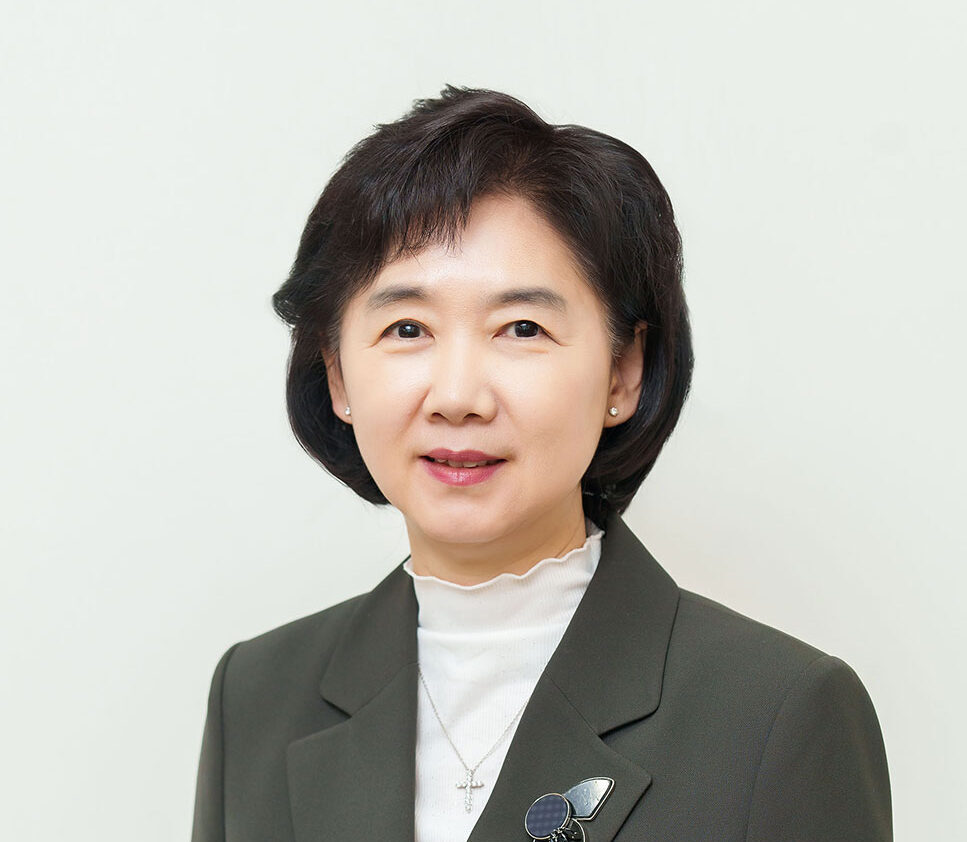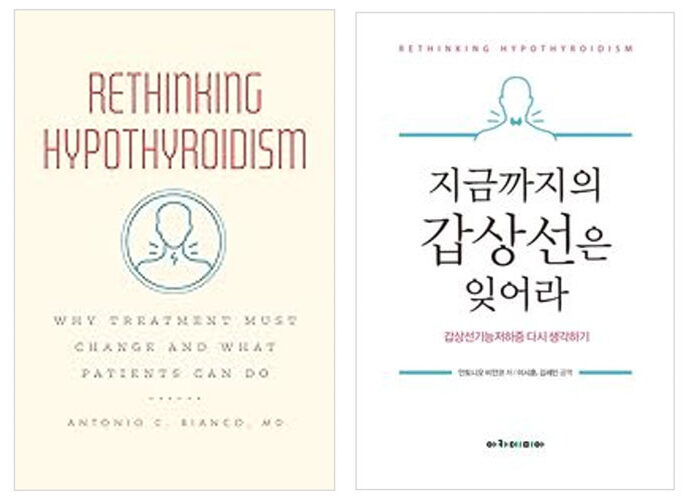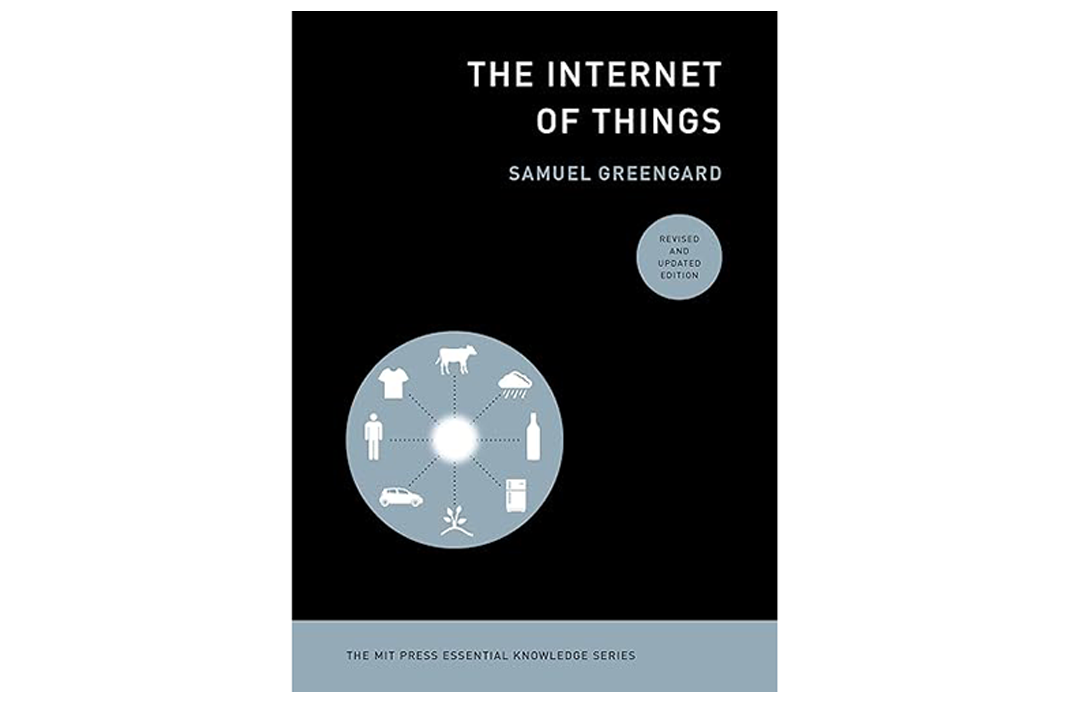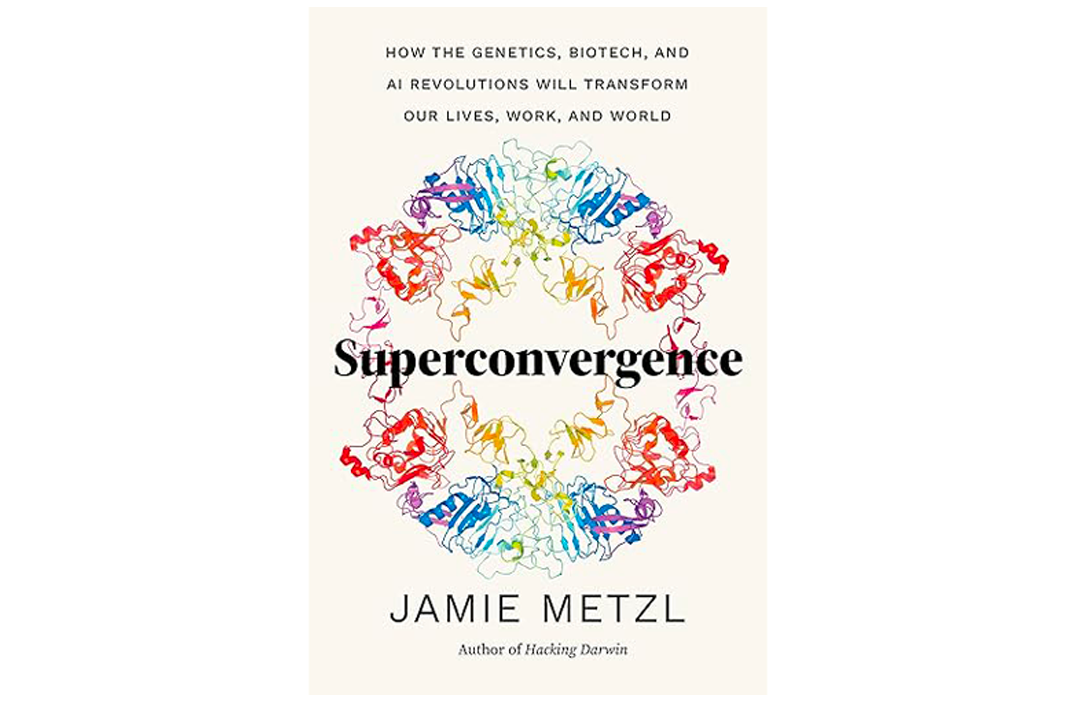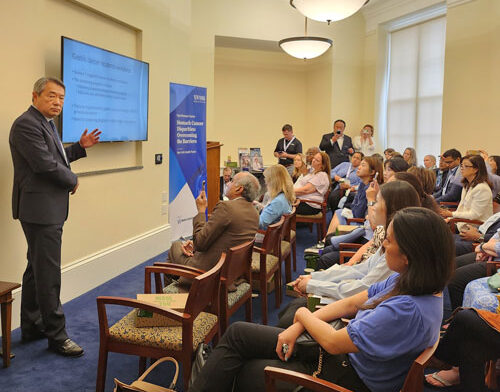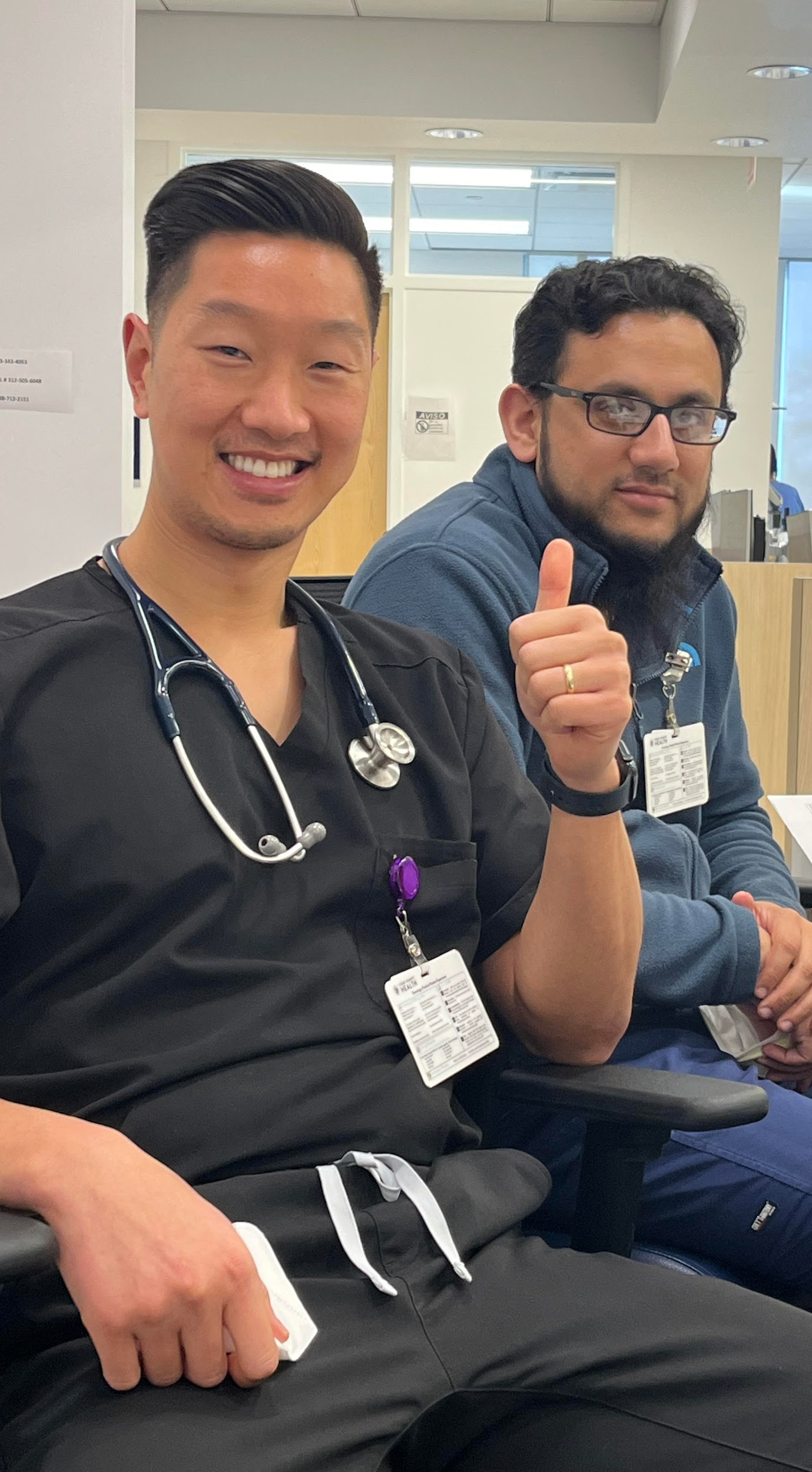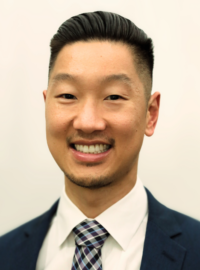Growing up in a Korean American household, Dr. Joseph Lee learned early on the value of community, cultural sensitivity, and compassion. Today, as a healthcare leader and mentor, he brings these lessons to every aspect of his work. By empowering the next generation of medical professionals, advocating for inclusivity and diversity, or addressing gaps in healthcare equity, he makes strides in his journey as a pediatrician in Chicago. In this interview, Dr. Lee shares his journey filled with career advice and insights on leading with purpose in medicine..
Can you share a bit about your upbringing and how it shaped your decision to pursue a career in medicine?
Growing up in a Korean American household, my values were deeply rooted in the principles of hard work, respect for elders, and the importance of community. My parents, who immigrated to the United States, instilled in me a strong sense of purpose and resilience. Watching their sacrifices to provide opportunities for our family gave me an early appreciation for service and perseverance, which are central to my identity today.
My faith also played a pivotal role in shaping my journey. From a young age, I was actively involved in my church, where I learned the importance of compassion, humility, and service to others. These values naturally aligned with my desire to pursue a career in medicine, where I could combine my passion for helping others with my faith-driven commitment to making a meaningful impact.
How do you approach mentorship, and what advice would you give to medical students and residents seeking mentorship?
Mentorship, to me, is about understanding the unique needs of each individual and helping them navigate their journey with clarity, confidence, and persistence. I believe in fostering an open and approachable dynamic where mentees feel supported, valued, and encouraged to take calculated risks. True mentorship goes beyond offering advice; it involves empowering individuals to recognize their strengths, embrace challenges, and grow into their fullest potential.
For medical students and residents, my advice is to be persistent in seeking out mentors who can provide diverse perspectives and insights. Mentorship does not always fall into place easily—it often requires determination and effort to connect with those who align with your goals and values. Reach out, ask questions, and be willing to follow up; the right mentors can be transformative in shaping your leadership journey.
As someone who has led diversity and inclusion initiatives, what strategies do you recommend for fostering an inclusive environment in medical education and practice?
My work on diversity committees at Rush University and the University of Chicago, along with my involvement in programs like HPREP (Health Professions Recruitment and Exposure Program), has shown me the importance of creating opportunities for underrepresented groups at every stage of their journey. Ensuring diverse representation in leadership and decision-making roles is essential for reshaping institutional priorities to better serve students, providers, and patients.
Education is also critical. Providing training on unconscious bias, encouraging open dialogue, and sharing data to highlight disparities fosters understanding and accountability. Through programs like HPREP, I have seen how mentorship and exposure to healthcare professions can empower individuals from underrepresented backgrounds to pursue their goals.



